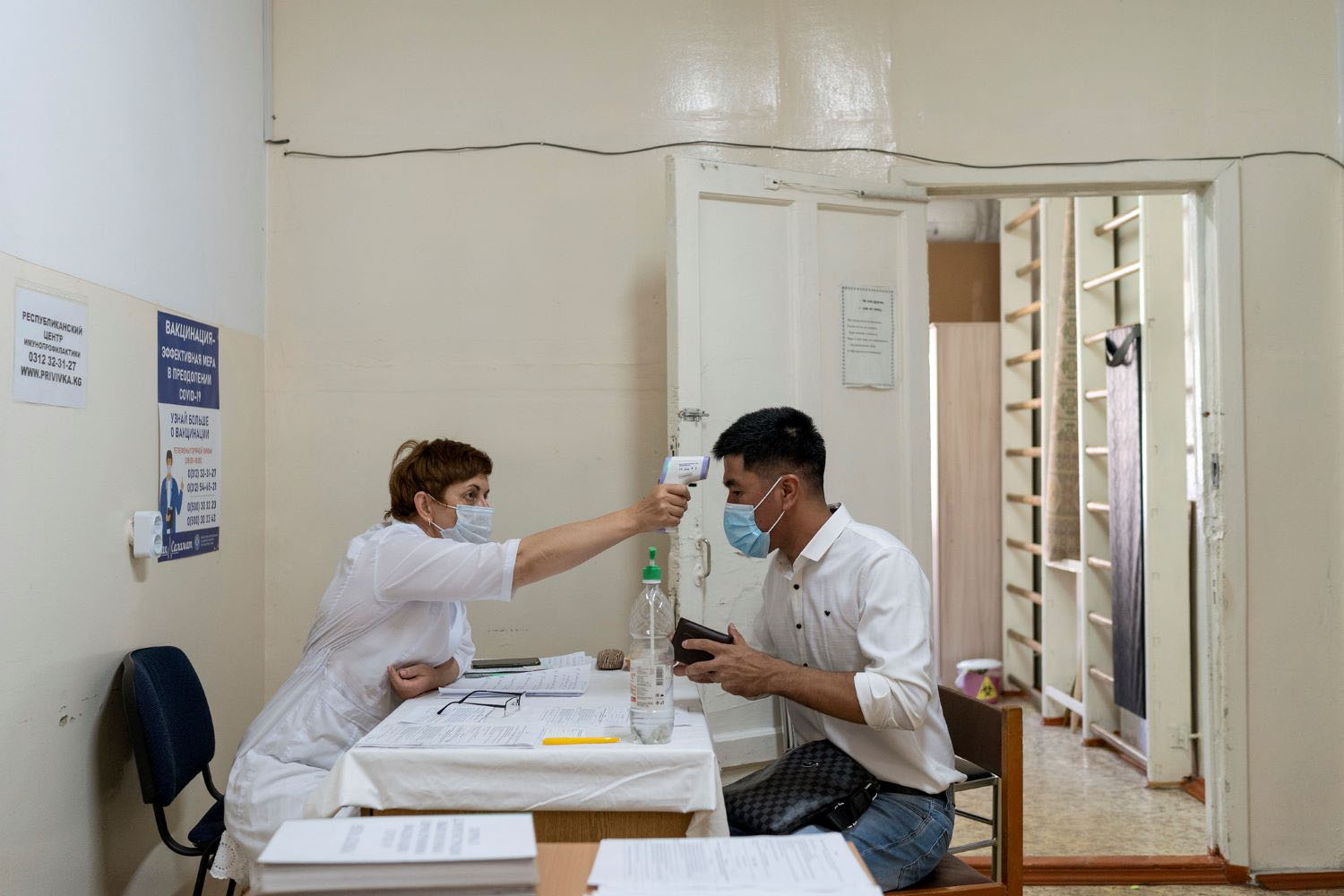In the latest in a series of articles on diseases on the brink of eradication, the New York Times recently examined Kazakhstan's success in reducing mental retardation and childhood stunting through salt iodization programs and social marketing activities. This case resembles China's similar success battling iodine deficiency, as detailed in Millions Saved: both efforts relied on the critical combination of appropriate technology with political will and industry compliance.Iodine deficiency affects 13% of the world's population and is a leading culprit in mental impairment, stunted growth (e.g. low height-for-age), thyroid disorders and stillbirths. And yet salt iodization is one of the simplest and most cost-effective health interventions available, costing just a few cents per kilogram. Unfortunately, though, the ensuing public relations battle isn't nearly so cheap:
In some nations, iodization becomes tarred as a government plot to poison an essential of life - salt experts compare it to the furious opposition by 1950s conservatives to fluoridation of American water. In others, civil libertarians demand a right to choose plain salt, with the result that the iodized kind rarely reaches the poor. Small salt makers who fear extra expense often lobby against it. So do makers of iodine pills who fear losing their market. Rumors inevitably swirl: iodine has been blamed for AIDS, diabetes, seizures, impotence and peevishness. Iodized salt, according to different national rumor mills, will make pickled vegetables explode, ruin caviar or soften hard cheese. Breaking down that resistance takes both money and leadership.
So despite the support of President Nursultan Nazarbayev, the Kazakh Parliament initially faced strong opposition to a bill mandating iodization. To counteract these lobbies, the government launched an extensive social marketing campaign (funded by UNICEF and USAID), including a product certification process, classroom exercises, public announcements and widespread distribution of comics featuring the superhero Iodine Man rescuing slow-witted students from enraged teachers.As the result of the government's efforts, fully 94% of Kazakh households now use iodized salt, up from just 29% in 1999. This runaway success is indicative of how much a government can accomplish when it really tries (and is a good example of why stunting is such a strong measure of a government's
commitment to health). But it also raises the somewhat discomfiting question of the tradeoffs between public health and political and economic freedom:
In neighboring Turkmenistan, President Saparmurat Niyazov - a despot who requires all clocks to bear his likeness and renamed the days of the week after his family - solved the problem by simply declaring plain salt illegal in 1996 and ordering shops to give each citizen 11 pounds of iodized salt a year at state expense.
As distasteful as it may be, Turkmenistan's authoritarian governance and state-run economy rendered the political process much more straightforward than in Kazakhstan - not exactly a beacon of democracy or capitalism itself. Even in Kazakhstan and China, the iodine campaigns ultimately depended on legislative mandates banning non-iodized salt and took place within highly concentrated and regulated markets, with a single company supplying more than 80% of Kazakhstan's edible salt.It's harder in more diverse, distributed markets, such as Pakistan's, with 600 small producers:
"If a country has a reasonably well-organized salt system and only a couple of big producers who get on the bandwagon, iodization works," said Venkatesh Mannar, a former salt producer in India who now heads the Micronutrient Initiative in Ottawa, which seeks to fortify the foods of the world's poor with iodine, iron and other minerals. "If there are a lot of small producers, it doesn't."
An example of the tension between public health and private markets?
Note: This entry is cross-posted at neweurasia.netCGD blog posts reflect the views of the authors, drawing on prior research and experience in their areas of expertise.
CGD is a nonpartisan, independent organization and does not take institutional positions.





